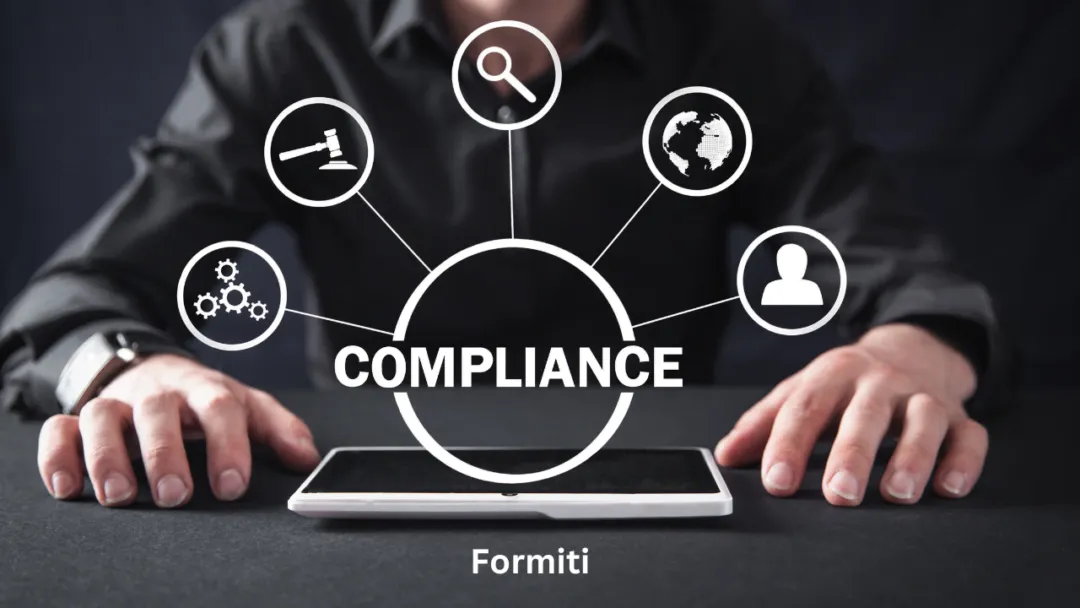Introduction
In an era where data flows as freely as water across international borders, organisations with a global presence are increasingly facing the Herculean task of complying with a myriad of data protection regulations. The challenge is not just in the complexity of these laws but in their diversity. This is where the global data privacy standardisation of global data privacy frameworks comes into play, offering a beacon of hope and clarity in the labyrinthine world of international data protection.
As the CEO of Formiti Data International Ltd, I’ve witnessed firsthand the transformative impact such standardisation can have on multinational entities. Let’s delve into the myriad benefits this approach offers.
The Benefits of Standardising Global Data Privacy Frameworks
1. Harmonised Compliance Across Borders
The most significant advantage of a standardised approach is the harmonisation of data privacy practices across different jurisdictions. For organisations operating in multiple countries, each with its own set of data protection laws, a unified data privacy frameworks reduce the risk of non-compliance. It creates a common ground where international data privacy standards, such as the GDPR, can serve as a benchmark, simplifying compliance efforts.
2. Efficient Data Mapping and Management
Data mapping, the process of identifying, categorising, and mapping the flow of data within an organisation, becomes more manageable under a standardised framework. It helps in understanding how data moves and is stored across different geographies, ensuring compliance with various data protection regulations. This holistic view is pivotal in identifying potential vulnerabilities and enhancing data security.
3. Streamlined Data Breach Management
A standardised approach to data privacy also simplifies the process of managing data breaches. With a uniform protocol in place, organisations can swiftly respond to breaches, irrespective of the geographical location of the incident. This not only mitigates the damage caused by the breach but also ensures a consistent response mechanism across the board.
4. Unified Approach to Data Protection Impact Assessments (DPIAs)
Conducting DPIAs becomes more straightforward under a standardised data privacy regime. DPIAs, which assess the impact of data processing activities on the protection of personal data, are critical in identifying and mitigating risks. A uniform approach ensures that these assessments are conducted thoroughly and consistently, regardless of the region.
5. Coherent Data Subject Access Request (DSAR) Management
Handling DSARs – requests made by individuals to access their personal data – is another area where standardisation proves beneficial. Unified data privacy frameworks ensure a streamlined and efficient process for responding to these requests, thereby improving the individual’s experience and the organisation’s compliance posture.
6. Consistent Legitimate Interest Assessment Management
Managing legitimate interest assessments, which balance the organisation’s interests against the individual’s rights and freedoms, is more effective under a standardised framework. This ensures that decisions made in one part of the organisation are aligned with those in another, providing a consistent approach to data processing activities.
7. Effective Third-Party Data Processor Management
The management of third-party data processors, a critical component of data protection, is greatly enhanced through standardisation. It ensures that all third-party processors adhere to the same high standards of data privacy, thereby reducing the risk of data breaches and enhancing overall data security.
8. Streamlined Employee Training and Awareness
Lastly, a standardised data privacy frameworks simplify employee training and awareness programmes. With a uniform set of guidelines, training becomes more effective, ensuring that all employees, irrespective of their location, understand and comply with the organisation’s data protection policies.
Conclusion:
Embrace the Future with Formiti Data International
In conclusion, the standardisation of global data privacy frameworks is not just a compliance exercise; it’s a strategic imperative for organisations operating in the international arena. By adopting a unified approach to data privacy, organisations can not only ensure compliance but also enhance their operational efficiency, data security, and reputation.
At Formiti Data International Ltd, we understand the complexities and challenges of global data privacy compliance. Our expertise lies in guiding organisations through this intricate landscape, offering bespoke solutions that align with your unique business needs. Whether it’s data mapping, breach management, DPIA, DSAR management, or employee training, our team is equipped to help you navigate these waters with confidence and ease.
Embrace the future of data privacy with Formiti Data International. Let us help you transform your data protection practices.

